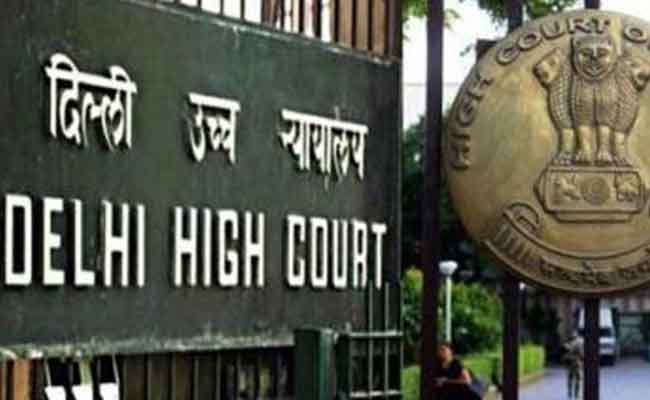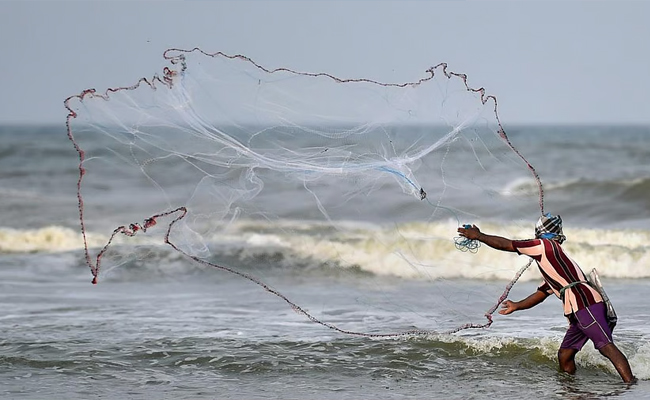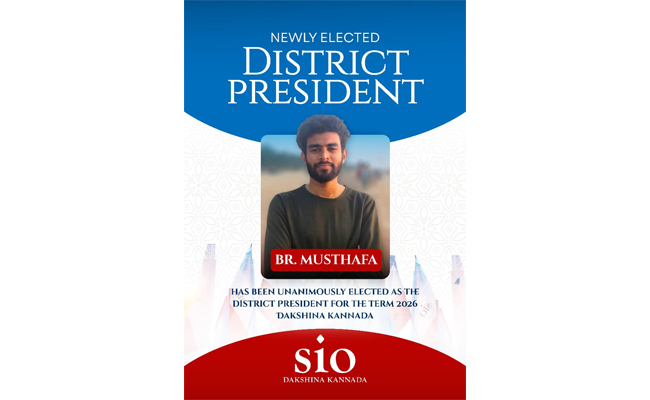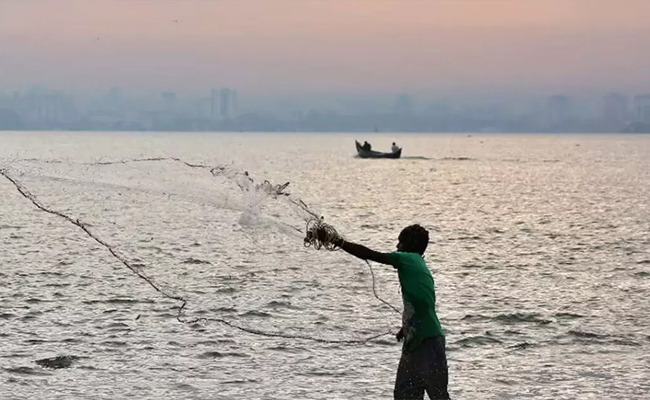New Delhi: The Delhi High Court recently quashed an FIR against a man facing charges of misbehaviour with a woman under the condition that he would assist the Delhi Traffic Police at a traffic signal for a period of 30 days.
High Court judge Justice Navin Chawla passed the judgement after hearing the petition filed by Vikas Bohat for a quashing of the FIR against him under Sections 354 (outraging modesty of a woman), 506 (criminal intimidation) and 509 (word, gesture or act intended to insult modesty of a woman) of the Indian Penal Code (IPC), reports Bar and Bench.
Justice Chawla, on being informed that the petitioner and the complainant had settled the matter amicably and entered into a settlement, passed the judgement after inspecting the FIR as well as the settlement agreement.
Stating that the FIR would be quashed under the condition that Bohat render his services to the Delhi Traffic Police, the Court said, "He (Bohat) shall report to the DCP Traffic for rendering the assistance at a traffic signal assigned to him. At the end of the aforesaid period of 30 days, the DCP Traffic shall issue a certificate to the petitioner, which the petitioner shall thereafter file before this Court within a period of two months from today. If such a certificate is not filed, the Registry shall place this matter before this Court for further directions."
Let the Truth be known. If you read VB and like VB, please be a VB Supporter and Help us deliver the Truth to one and all.
Bengaluru: Artificial Intelligence is slowly changing the way music and creativity are produced in the Kannada film industry, raising concerns among musicians, singers and technicians, The New Indian Express reported on Sunday.
Music composer, actor and director V Manohar reportedly said, AI is being used to write lyrics, especially in low-budget movies. Once lyrics are generated, AI can suggest thousands of tunes. It even asks whether the voice should be male or female. With one click, a complete song is ready.
“If this continues, singers and musicians will have less or no work in the coming days. But it may not succeed either. A few years ago, dubbing was allowed and people could watch movies in any language they preferred. But not many took to it as they wanted to watch a movie in the original,” TNIE quoted him as saying.
According to the report, Filmmaker Avinash U Shetty, a National Award winner, said resistance to new technology is not new. Those who resisted shifting from analogue to digital films years ago have now embraced it. The industry is now using only 10% of the AI potential. If it is scaled up, it can do unimaginable things. What we consider bad now, may not be after five years.
Highlighting the cost advantage, Sangamesh, an independent creator reportedly said, he made a three-minute video using AI for just Rs 4,500. Earlier, the same work would have cost nearly Rs 15 lakh. I finished the entire project in three days. The only expense was the AI software subscription, he said.
These days, it has become difficult to differentiate between the real and AI. AI is creating artistes. Scenes like war, big fights and dance can be shot with a lesser number of artistes. Then with the aid of visual effects and AI, you can achieve what you have in mind, he said.
Actor-director D P Raghuram felt that while AI has made an impact on music, it lacks emotional depth. Cinema earlier involved hard work and strong emotional connections. AI can help improve our work, but creativity should remain human, he reportedly said.
As per the report, earlier, Kannada cinema employed hundreds of junior artistes, who not only earned wages but also shared meals on sets and formed lasting bonds with stars like Dr Rajkumar, Vishnuvardhan and Ambareesh. Today, filmmakers fear that increasing dependence on AI could reduce such human connections, turning creativity into just another automated process.





